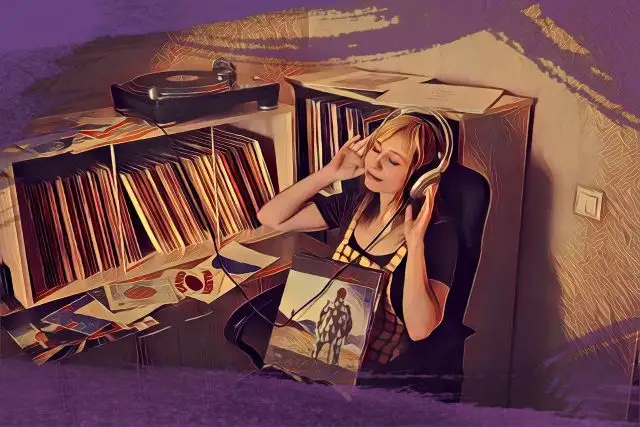Bread. Loot. Greenbacks. We all need money to survive and thrive.
And if you’ve been asking yourself whether you can make money as a music producer, you’ll be chuffed to know the answer is: yes, you can. In many, many ways.
In this article we’re going to be taking a close look at how you can make money producing music and exploiting your skillset.
By the time you’ve finished reading you’ll have a game plan for inviting lots of crisp, shiny Benjamins into your bank account.
Ready? Let’s go!
What's in a Word?
Before we get into money-earning strategies, let's take a look at what the term 'music producer' actually means.
Traditionally, music producers have been the captain of the ship during recording sessions. Their goal is to coax the best possible performance out of the performer(s), and deliver a record that reflects the artist's vision and the record label marketing strategy.
Sometimes they'll co-write with the artist. Sometimes they'll get hands-on at the mixing desk.
Quincy Jones, Rick Rubin, and Timbaland are all music producers in this 'classic' sense.
Nowadays, the definition of the modern music producer is broader, and includes folks making music on their laptops at home and sending it out into the world.
Why is this distinction important? Because knowing what type of music producer you are will help you define which approaches to making money suit you best.
With that out the way, let's look at how to go about making money producing music.
How To Make Money As a Music Producer: Strategies for Success
Release Your Music
This might seem like a doozy but if you make music, put it out there!
You don't need to wait for record labels to wave a contract under your nose. Instead, go the independent route and release the music yourself .
It's incredibly easy to get your music onto streaming sites like Spotify and Apple Music thanks to services like Distrokid and Tunecore.
While digital music sales are down and streaming royalties aren't huge, if you plan your releases well and get on to editorial or listener playlists these payments can add up.
Factor in mechanical and performance royalties, and the option to make your music available for sync, and you might be pleasantly surprised with what you can earn. The key is to make sure you're collecting all the royalties due to you. Check out the section on royalties at the bottom of the article for more info.
Produce Music for Other Artists
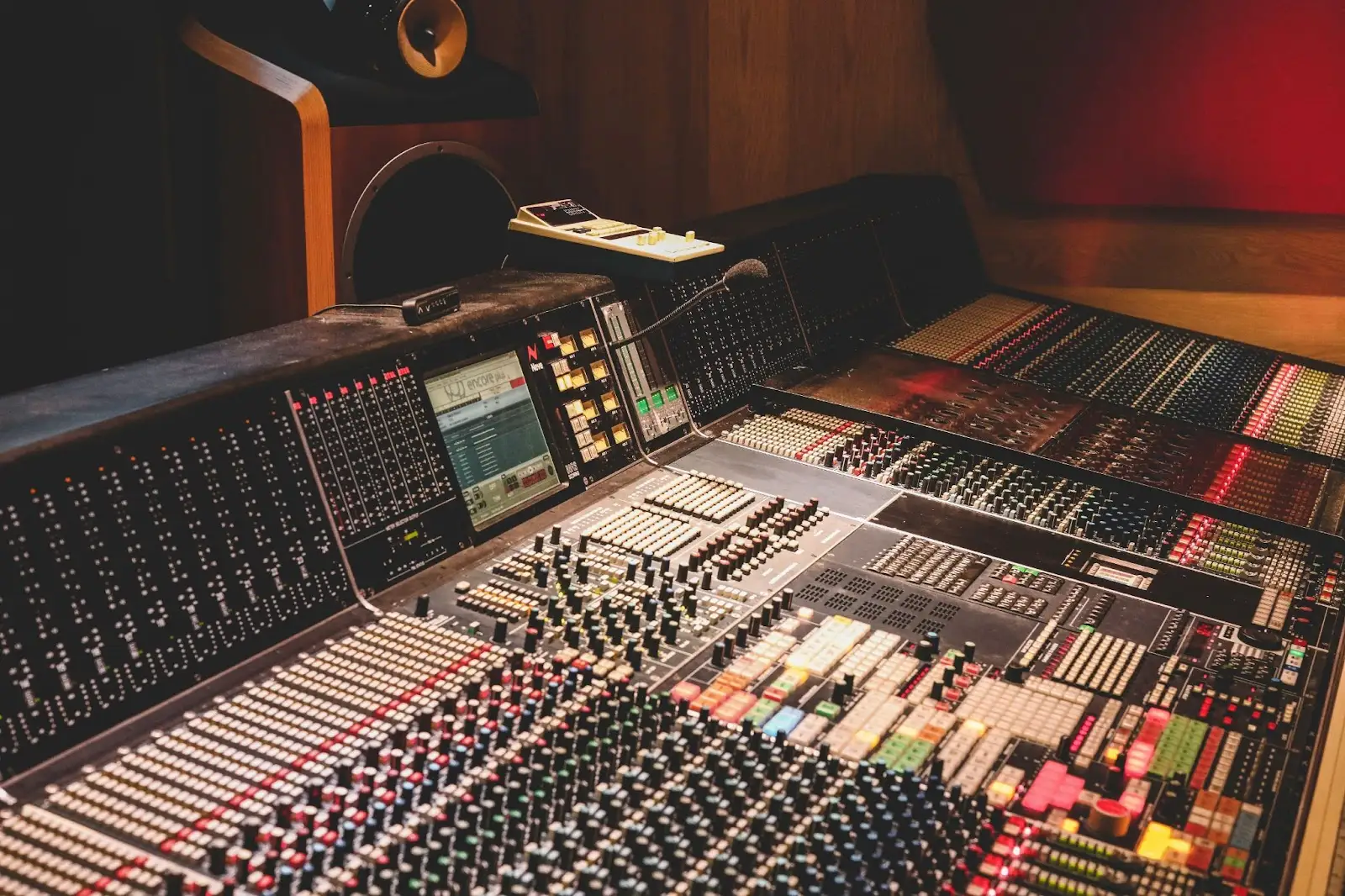
As a music producer you might have only focused on your own music so far in your career. But have you ever thought about offering your music production skills to other artists?
Not everyone has the chops (or the software) to produce great music, and in the studio two heads are always better than one.
If you have a background in music theory that's even better. Most artists don't have formal training in theory, so adding that to your resume can help you stand out from the crowd.
Note that we're talking about emerging artists here; you're not going to be producing Taylor Swift or Bad Bunny anytime soon.
Instead, build your music production portfolio from the ground up, finding artists and bands with only 1 or 2 releases to date and work with them to develop their sound.
Start by finding the niche you work best in. Don't try to produce rap artists and heavy metal bands. Yes, Rick Rubin did, but he'd already built his voice by that point. You can get there too, but be sure to plant the seeds first.
If you co-write with an artist you're producing be sure to agree on how the credit and royalties will be split ahead of time, ideally in the form of a split sheet .
Ghost Production Services
Note: this doesn't involve wearing a white sheet while you work at your DAW...
A ghost producer is a regular producer who foregoes credit and royalties in return for a larger upfront fee.
It's quite common in the music industry, to the point that many ghost producers are becoming recognizable names.
Nicky Romero and Porter Robinson are two examples of a successful music producer working uncredited for other artists.
It's a less glamorous way to make money from your music production services, but the plus side is that it can connect you with higher-tier artists who would otherwise be out of your league.
Offer Mixing and Mastering Services
This is less involved than producing a full track, but still makes use of your skills as a music producer.
Plus, the turnaround time is generally quicker and you're not beholden to other people's schedules so you'll have more time to focus on your own music-making activities.
Rent Out Your Studio
If you have a home studio large enough to accommodate artists and bands (i.e. not your bedroom) you could also consider renting out your space for artists and bands to record in.
Bonus points if they also hire you as their music producer!
Produce Music for Media
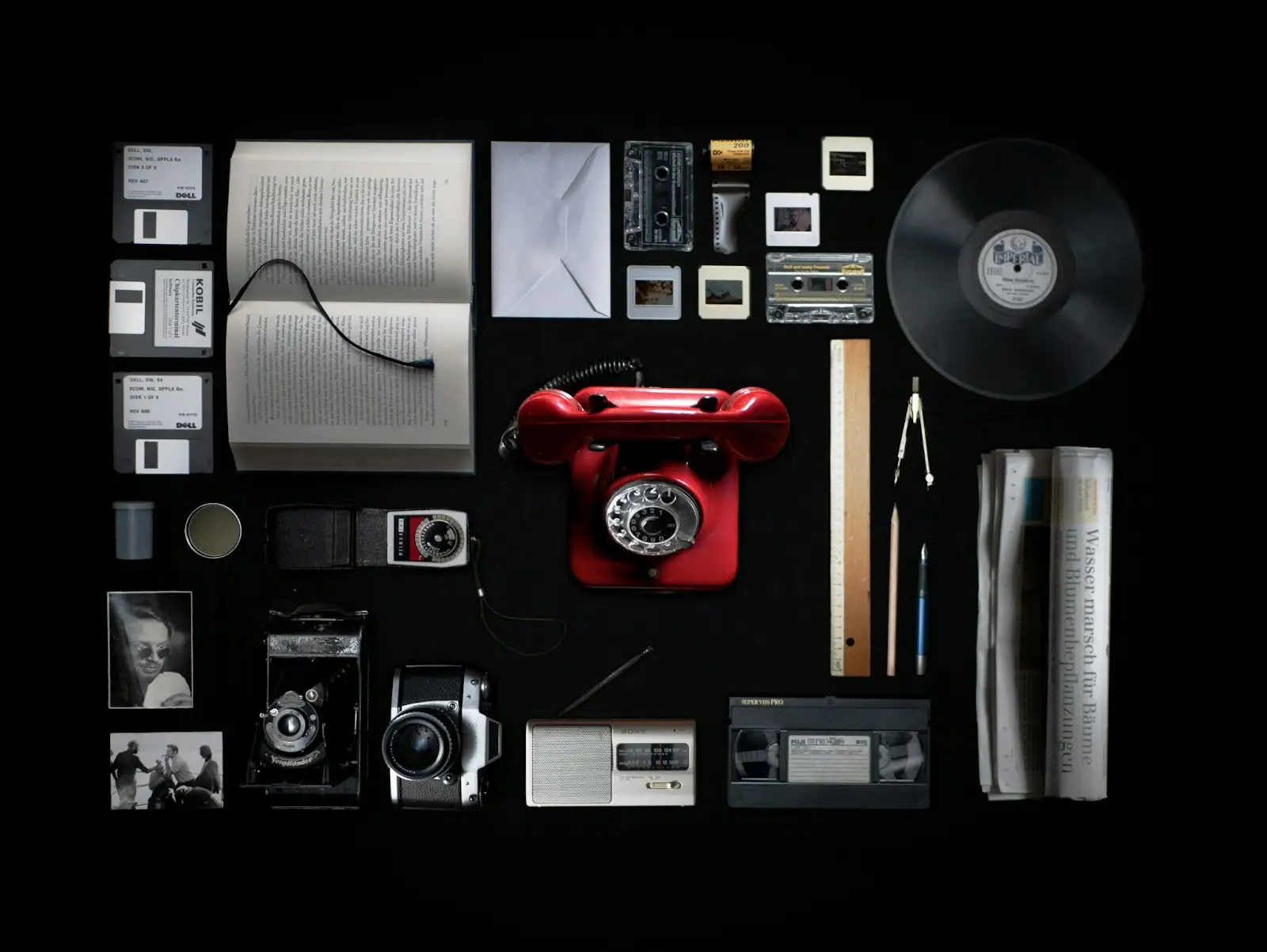
It's the age of content. Everybody and their dog has a podcast, or an audiobook in the works. So why not jump on that train and earn money creating music for them!
While many of these folks turn to stock sites for their music, when something is deeply personal people often want a bespoke piece of music written for their project.
If you're feeling brave expand your market to include local businesses and offer to produce ads for local radio.
Sell Beats, Sample Packs, and Presets
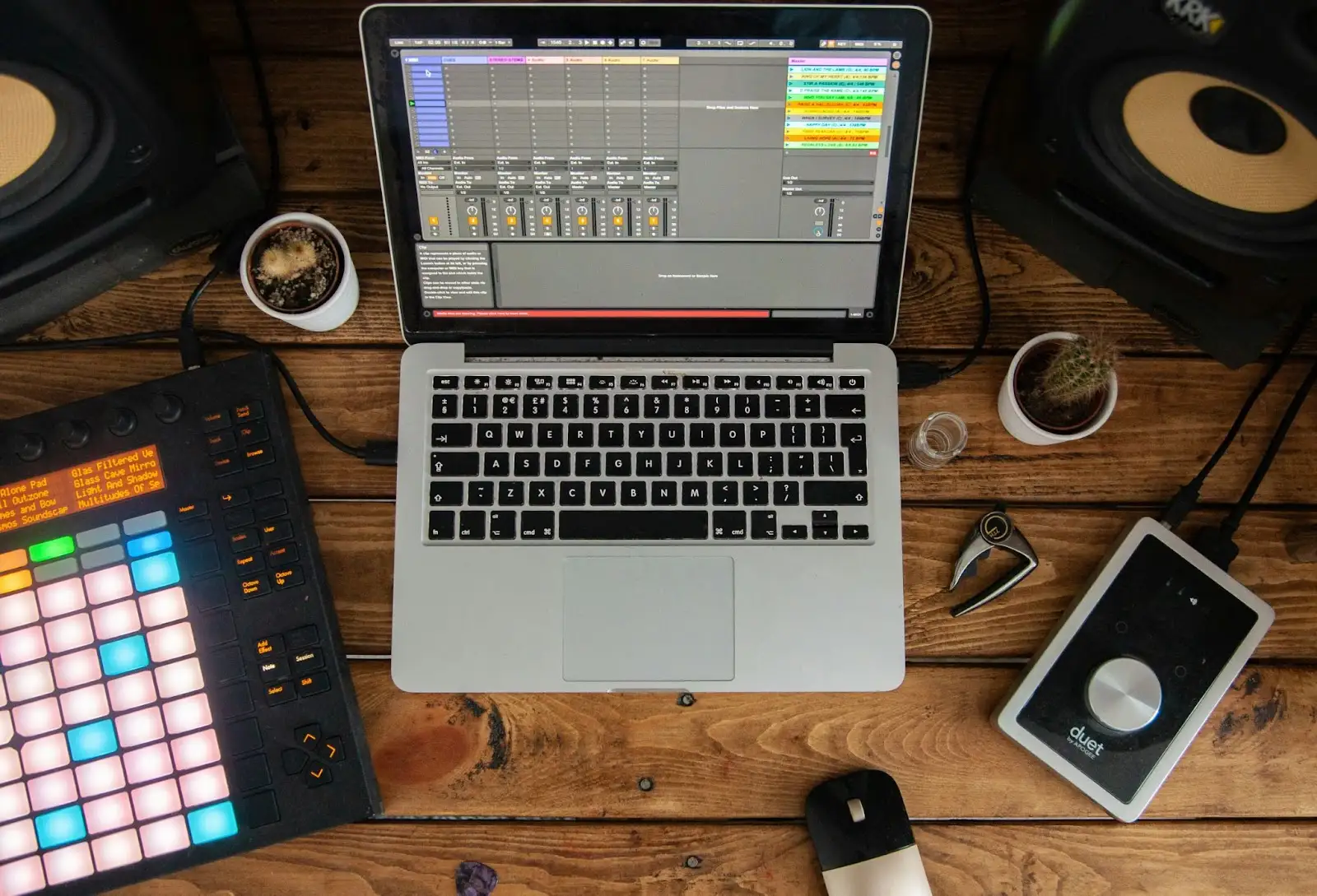
Many music producers are making good money producing beats and royalty free samples to sell online.
In addition to this, some music producers create presets for popular plugins like Serum and Massive and offer them for sale.
Selling Beats Online
You'll need to start off with a library of high quality music - aim for around 20-30 beats to begin with - and work on building it consistently.
Ultimately it's a numbers game, and the larger your collection the bigger your draw will be.
You can either sell your beats directly from your own online store, or through a 3rd party vendor like BeatStars or Airbit .
Either way you'll need to make use of social media channels to network with artists and let the world know your beats are for sale.
Beat prices range wildly, depending on license, use, and exclusivity. To help you decide on price find other producers at a similar career stage to you and compare what they're selling beats for.
Beat selling is a crowded field but persistence can pay off in the long term.
Selling Sample Packs
If you're a fan of sound design consider producing your own sample packs and sound effects to create another revenue stream.
Like selling beats, sample packs can be sold from an online store on your website, or through an online marketplace like Sellfy .
And like beat selling, you'll need to do some extensive marketing to encourage users to try out your wares.
A third option is to contact sample pack companies to see if they're interested in your pack.
Companies like Loopmasters , Sample Magic , and Splice all have hundreds of thousands of users always looking for fresh new sounds.
This takes the hassle out of marketing the packs yourself, but you'll have little to no say in distribution and pricing, and the production quality will have to be extremely high.
Sell Instrument Presets and DAW Templates
If you love poking around the inner workings of plugins and creating your own sounds , or you've created the ultimate EDM template for Ableton Live, why not monetize it and let other producers benefit from your skillset?
You can sell these on your own website, or through other platforms.
If you're a whizz at sound design you might even find work creating presets directly for a company like Kontakt or Xfer Records.
Design Your Own Plugin Software
If you're good at coding (or have a friend who is) you might consider designing your own plugins to sell too.
Monetize Your YouTube Channel
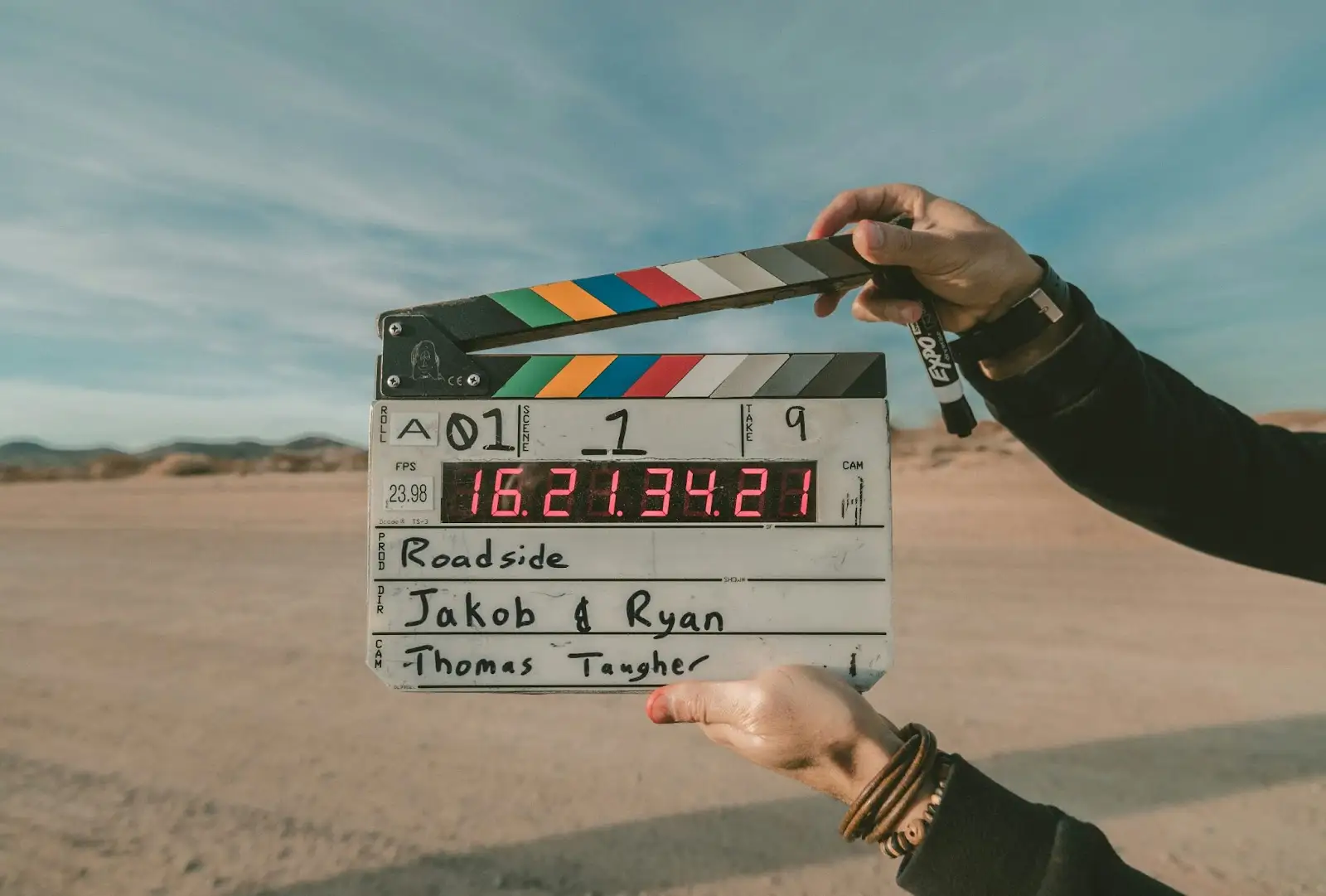
You probably already have a YouTube channel, and if it's not monetized you could be leaving money on the table.
In order to monetize your YouTube channel you'll need at least 1,000 subscribers and 4,000 hours of watch time over the previous 12 months.
If you're serious about YouTube monetization as an option for how to make money as a music producer you'll need to make your content interesting and relevant to a wide audience.
In addition to posting your own tracks consider creating content like:
- gear and equipment reviews
- tutorials
- behind the scenes content
- workflows
- live streaming production sessions
You'll need to create a lot of video content and stick to a consistent upload schedule to attract and maintain a steady number of followers.
It's a lot of work for sure, but on the flip side it's a way of earning money passively, and that my friends is the golden egg.
This is a great strategy for using in conjunction with selling beats and sample packs as you'll have a dedicated fan base already watching your content.
Sell Merchandise

If you have strong branding around your music production persona you could consider selling merch as another revenue stream.
Use a print on demand online marketplace like Sellfly so you don't have thousands of J-Bizzle baseball caps lying around your studio waiting to be sold.
Start a Patreon Account

Patreon is a platform where creators of all kinds receive ongoing support from their fanbase through subscriptions.
In exchange for exclusive content (early access to releases, VIP treatment at live shows, AMA sessions etc.) fans give monthly pledges. These pledges are often tier-based, with different perks for each level.
This platform not only allows creators to monetize their work, it also cultivates a close relationship between fans and artist.
Perform Live

Whatever kind of music producer you are, consider taking your show on the road. It's not only a great way of earning money, but it'll also get your name in circulation and increase your fanbase.
An added bonus is the potential for performance royalties due to you for performing your own songs!
As with any of the strategies listed here, you'll need to start small and make your way up to the likes of Coachella.
Begin by approaching local bars and venues in your home town and offer to play a short set. Once you have your foot in the door be sure to use social media platforms to build your following.
Sync Licensing

Sync licensing , or music licensing, is the process of licensing a piece of music, or a song, for synchronization into another form of media - video games, film, TV, VR and AR etc.
This can be done through libraries, music supervisors, sync agencies, or sometimes on smaller projects directly with the artist.
If you're working with music supervisors and sync agencies you'll need to own both the publishing and the master recording rights. If you've co-written a song you'll also need a split sheet , and a release form giving you authority to license the song on behalf of the writers.
Write for Music Libraries
Many music producers supplement their income writing instrumental stock music for libraries.
These libraries provide the music to their clients for use in audio and visual media projects, sometimes in return for an upfront fee. If the projects are broadcast the writer receives performance royalties, or 'backend'.
The term 'stock music' is a bit naff, and doesn't accurately portray the diverse needs of the music licensing industry. Rest assured, it's not always muzak people want from libraries, it's a wild array of styles, genres and moods.
Music libraries generally fall into one of two categories:
Royalty Free Music
Sites like AudioJungle and Pond5 have popularized the term 'royalty free', but it's a misunderstood phrase.
What it actually means is that the end user only has to pay for the track once but they can use it in as many projects as they like. It's like when a music producer buys a pack of drum sounds; buy it once, use it forever.
These sites tend to be aimed at micro budget and non-broadcast projects - think corporate videos, YouTubers, and student productions.
Production Music
Production music libraries are geared towards the film and television industry .
Their music is used a lot in unscripted TV shows, and since there's so many of these shows churning out many episodes, there's always a demand for more music.
Sometimes there's a fee for using a track from a library, but this is less common. The way you earn money as a music producer in this scenario is on the backend royalties, which can range from a few hundred dollars, to tens of thousands over the lifetime of the track.
How to submit music to a library
All libraries have their own submission process, so check out the website of the library you're interested in for details on how to submit.
Sync licensing can be a very lucrative income stream, whether you produce hip hop, electronic music, or singer-songwriter ballads.
Royalty Collection

The world of music royalties is a complex one. But it's important to have at least a basic grasp of how they work so you can be sure to collect everything that's owed to you, whether you're releasing your music on streaming sites like Apple Music, licensing your songs for sync, or performing them live.
Mechanical Royalties
These are due to the owner of the composition copyright every time a piece of music is reproduced as audio - and this includes streaming.
If you use a distribution service to release your music they may collect these for you, or you may use a service like MLC in the US.
Performance Royalties
Any time music is broadcast or performed in public it generates performance royalties. These are collected by the country's local performing rights organization (PRO), and distributed to the rights holder via their own PRO.
So, make sure you join a PRO! In the US you have the option of joining ASCAP, BMI or SESAC. If you're outside the US, Google "performing rights + [your country]" .
If you sign your work with a music library they will generally register the songs with your PRO for you. Likewise if you use a distribution service that administers publishing for you.
If you go the DIY route, and particularly if you're performing live, be sure to register all your work with your PRO, and submit set lists for every gig.
Sound Recording Performance Royalties
Often called 'neighboring rights' these are due to the performers on any sound recording, even if it's just you. Countries have different rules about who is due these royalties and how they are collected and distributed.
It's a lot to take in! I highly recommend Ari Herstand's book 'How to Make It in the New Music Business' for a more detailed look at how royalties are calculated, distributed, and collected.
Teach Music Production Skills
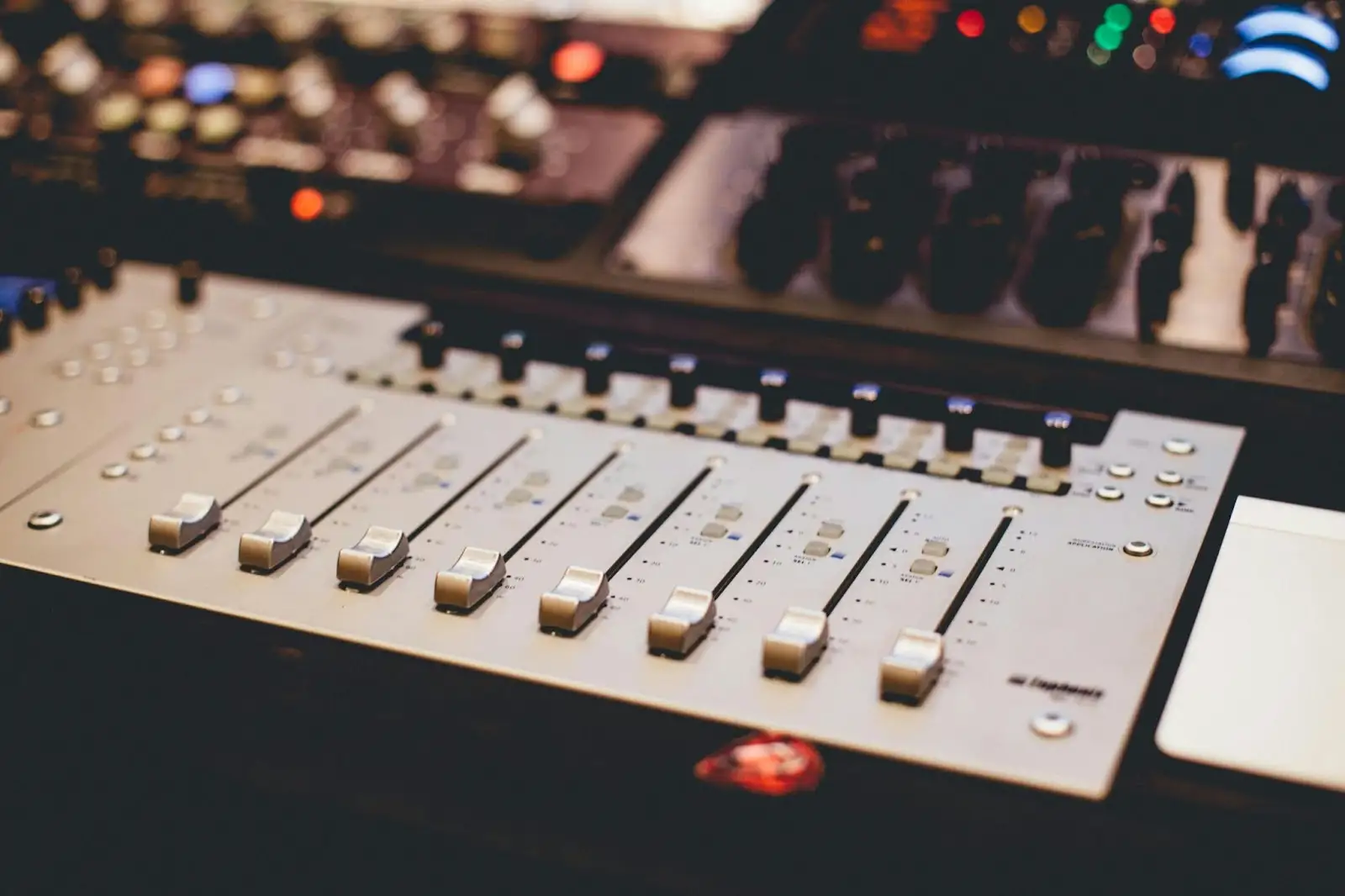
Sharing your production chops with others can be another good way to bring in extra money. This can be done in person at your home studio, or online via Zoom or Google Meet.
You'll need to keep things organized in terms of scheduling, invoicing, and communicating with students, or use a service like Wyzant to handle everything for you.
Teaching music production means you'll need to constantly stay ahead of emerging trends, styles and techniques, and this will benefit your own production skills. It's a win-win!
Create Online Courses

If you like the idea of teaching but you don't want to commit to regular sessions consider creating online courses instead. Online learning is big business at the moment, and it doesn't show any signs of slowing.
Services like Udemy allow you to upload a fully completed course for review, and use a revenue sharing model for payment.
Website hosts like Squarespace and Wix allow you to create and sell online courses directly from your website.
It's a big upfront commitment in terms of time and effort, but once it's done all you need to do is market the course effectively and the money will roll in as you sleep.
Utilize Other Creative Talents
Most music producers are wildly creative, so why limit yourself to music when it comes to income streams?
You may have fantastic video editing skills, or be a whizz at graphic design .
There's no shame in using non-musical talents to earn money; in fact, taking a break from working in a DAW might benefit your music!
How to Price Your Services
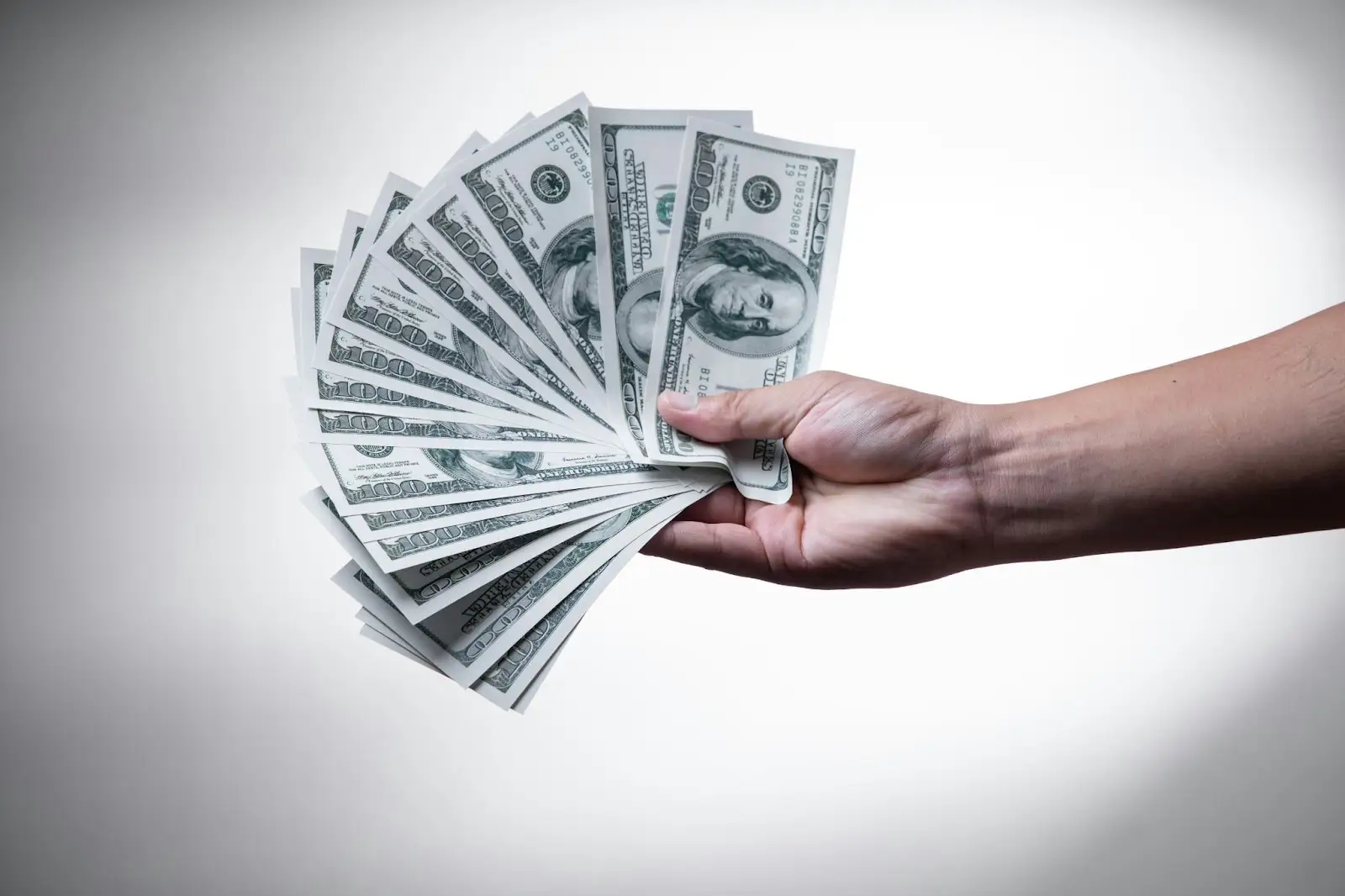
Some of the above strategies require you to set your own price for music production services - teaching, selling beats, and producing other artists for instance.
But how do you figure out what your rate is?
On the one hand you don't want to charge too little and end up working for less than minimum wage - that's a quick path to burnout .
On the other hand pricing your services too high might lead to tumbleweeds in the sales department.
There's a lot of factors that you need to take into consideration when thinking about pricing: your skill set, market rates, and the value you can offer, not to mention what you actually need to keep a roof over your head.
Products
For products (like beats, or courses), do some investigating and find out what other producers are charging. They'll need to be on a similar rung of the career ladder as you and ideally in a close or related genre of music.
Be mindful of changing your prices too frequently. Again, keeping an eye on the competition will help you gauge how often it's appropriate to restructure things.
Service Rates
When it comes to teaching, producing others, or mixing it may be helpful to figure out a day rate.
Firstly, sit down and do an honest calculation of your yearly expenses, including 'non-essential' things like games, movies, and going out (they're essential to your sanity).
Then add around 30% to this total to cover taxes (don't skip this bit or it'll come back to bite you in the a** one day). This final figure will be your expenses .
You'll then need to factor in vacations, days when you're too sick to work, and public holidays when nobody wants to hire you.
There's around 261 work days per year, so if you take off 30 to account for non-work days we're left with 231 available working days.
Now divide your expenses by 231 to come up with your day rate.
For example, if your annual expenses were $50,000 your day rate would be:
50,000 ÷ 231 = $216.
This is a basic example, but hopefully it'll help you when setting service-based rates!
Conclusion
As you can see, there’s a lot of options for how to make money as a music producer. None of the above strategies are a get-rich-quick scheme, but earning a living from music production is totally possible.
Remember the old Japanese proverb: ‘ Money grows on the tree of persistence ’.
Pick 2-3 approaches from the list above that resonate with you, and focus on only them for 5-6 months.
At the end of that time you’ll have a sense of whether you’re getting any traction, and you can adjust course to suit if necessary.
The most important thing throughout the whole process is to have fun. If you’re not enjoying what you do, it’ll show on your face and in your bank account.
Now go forth and maketh the music, and the money!


